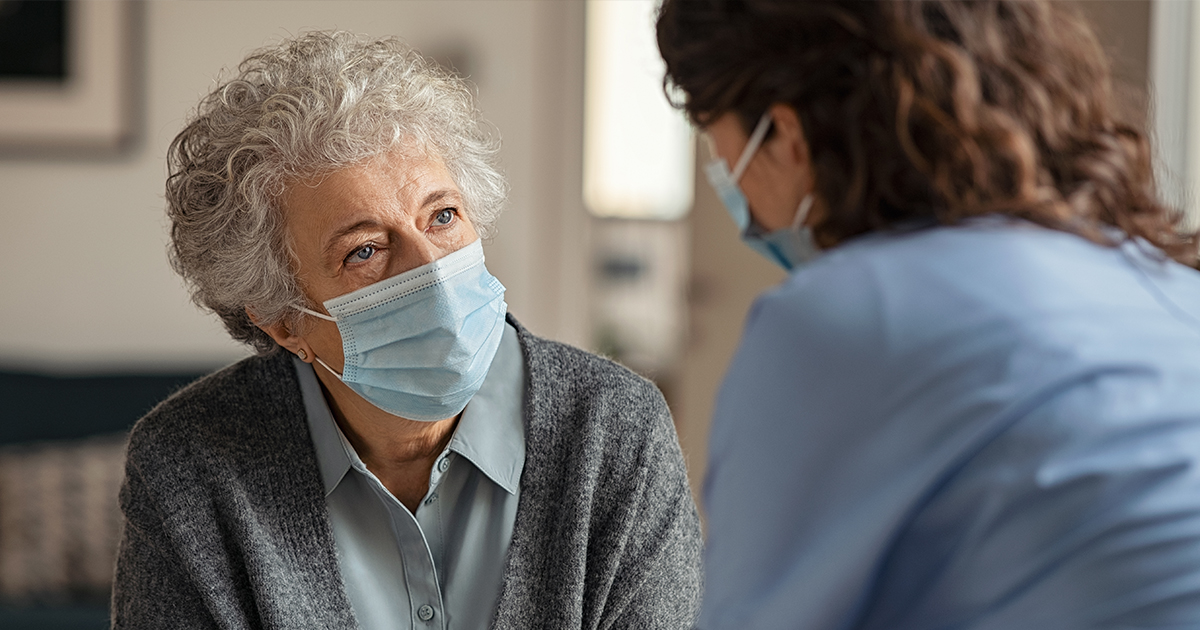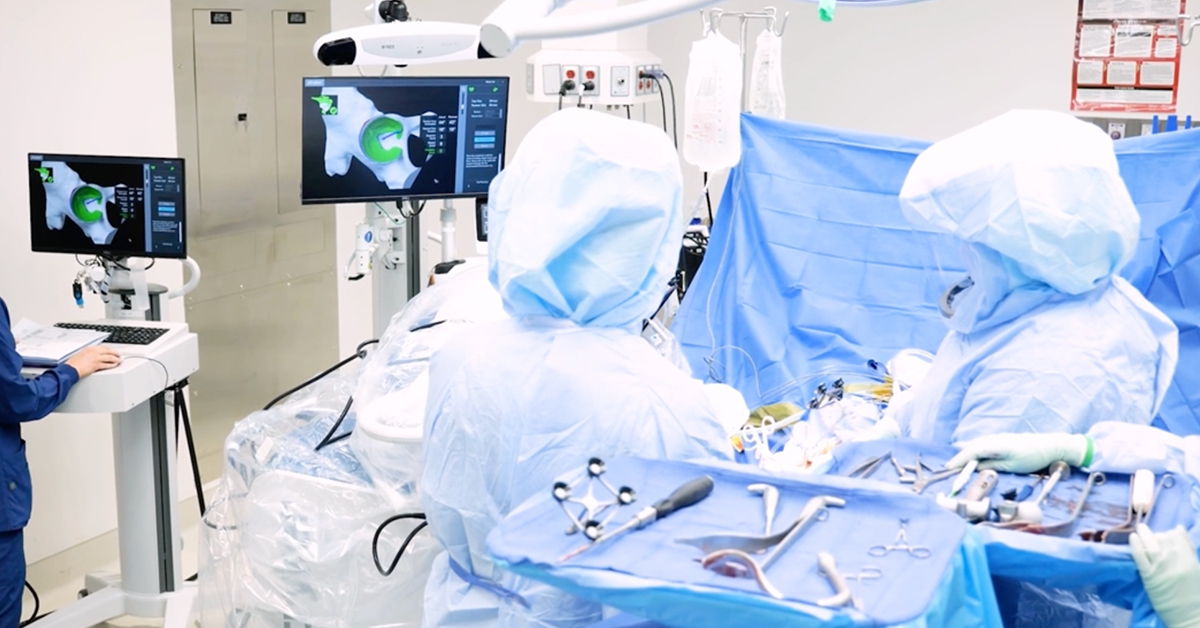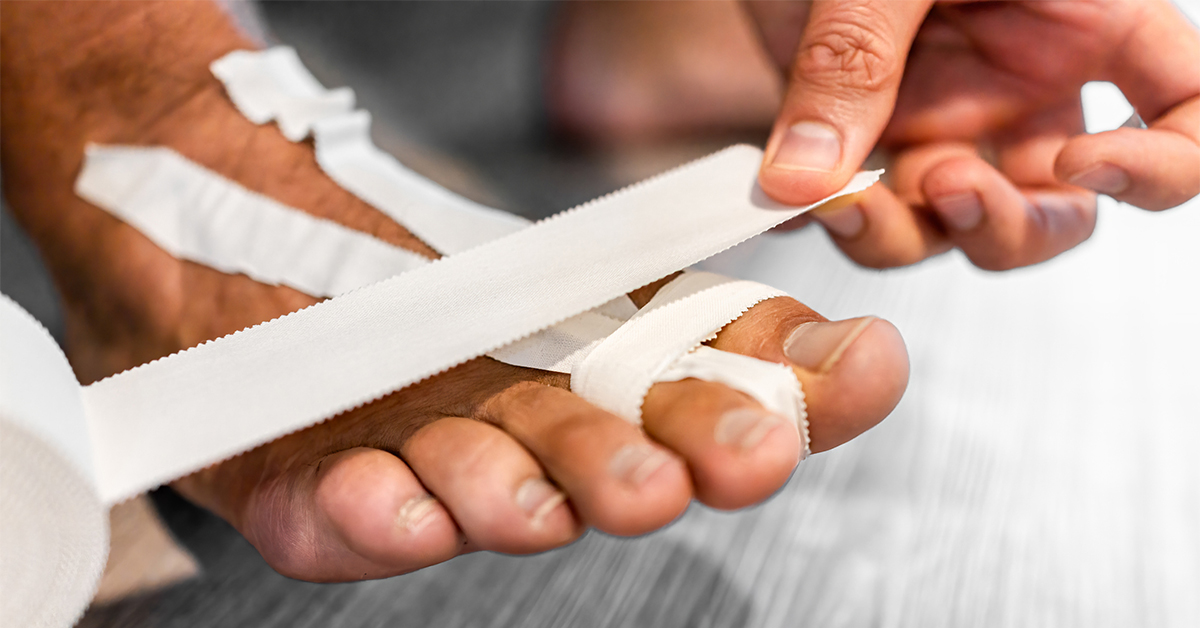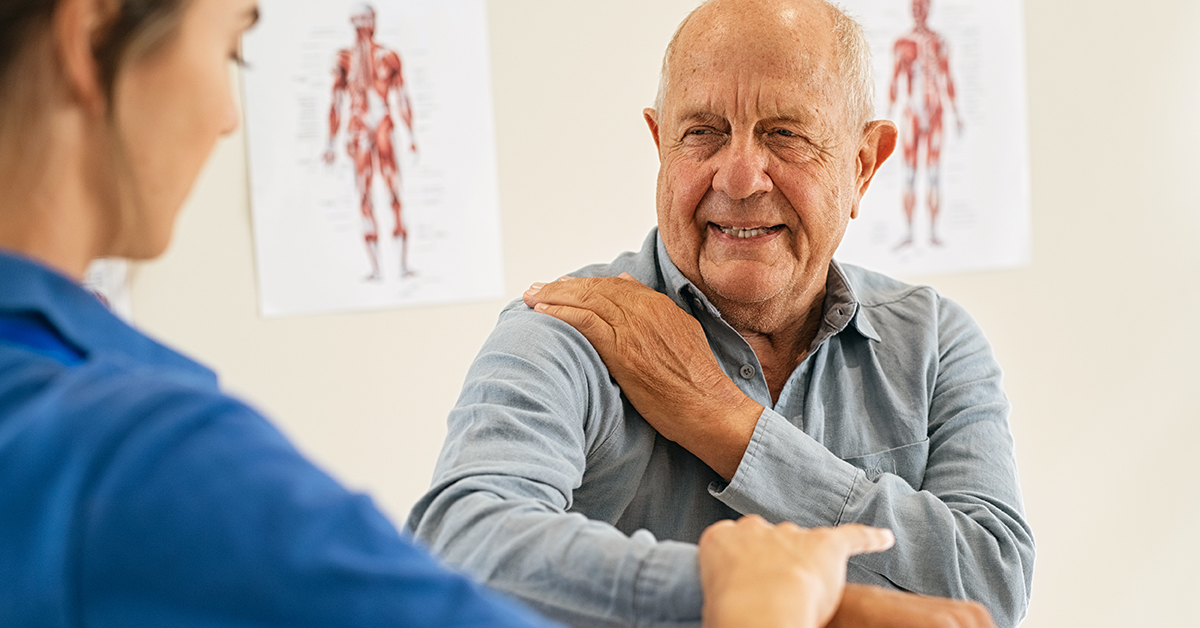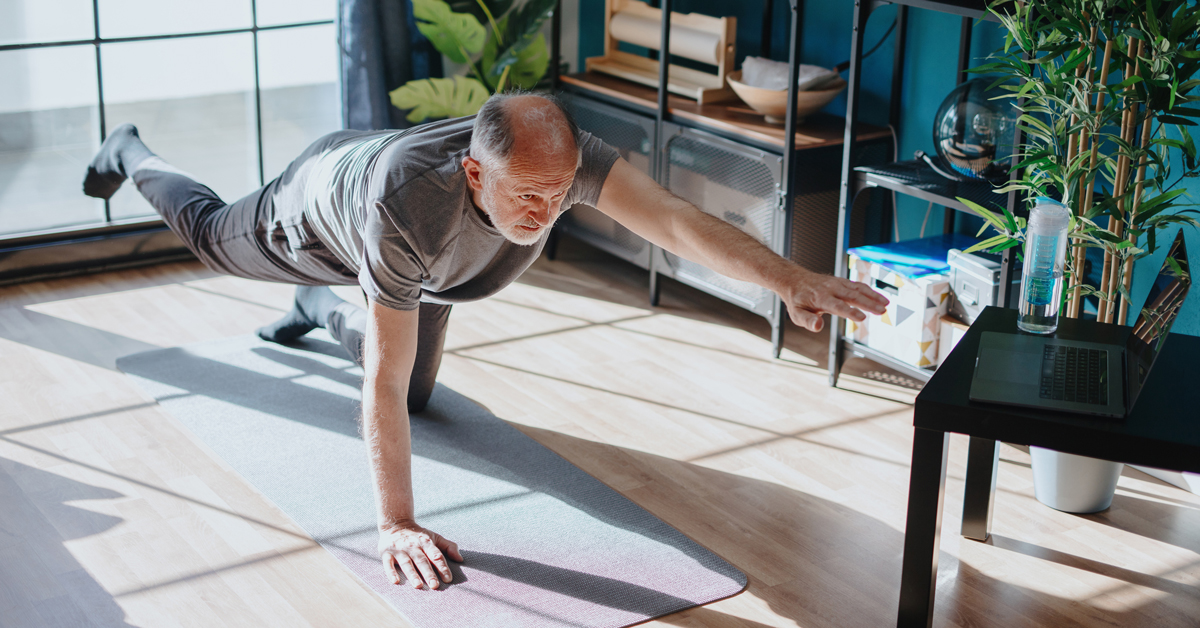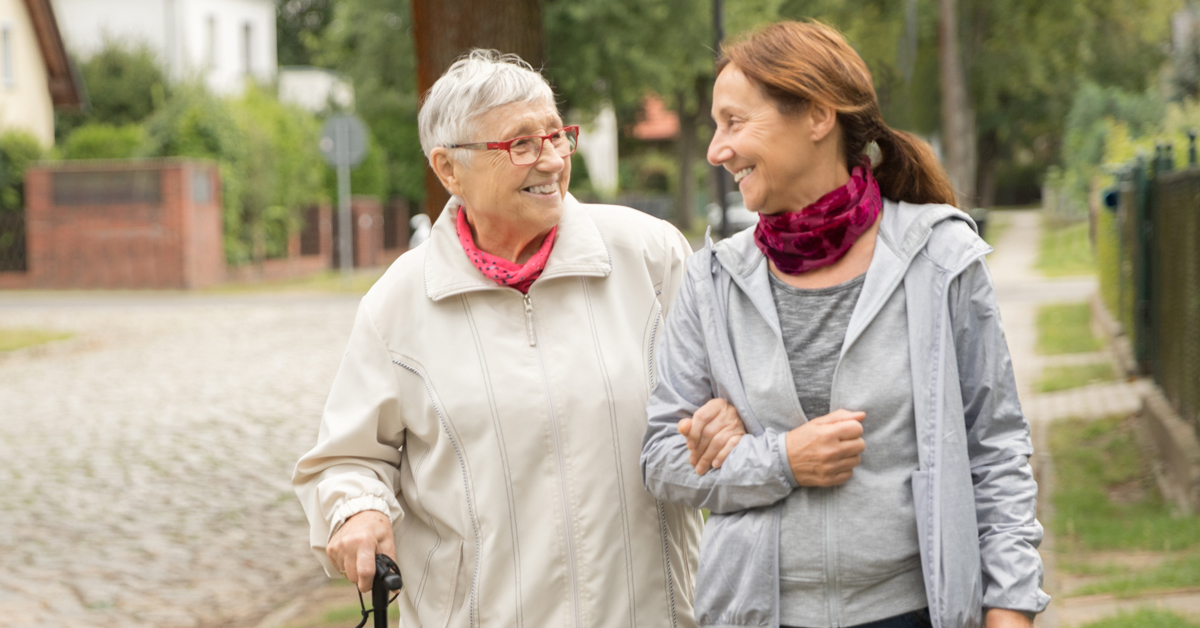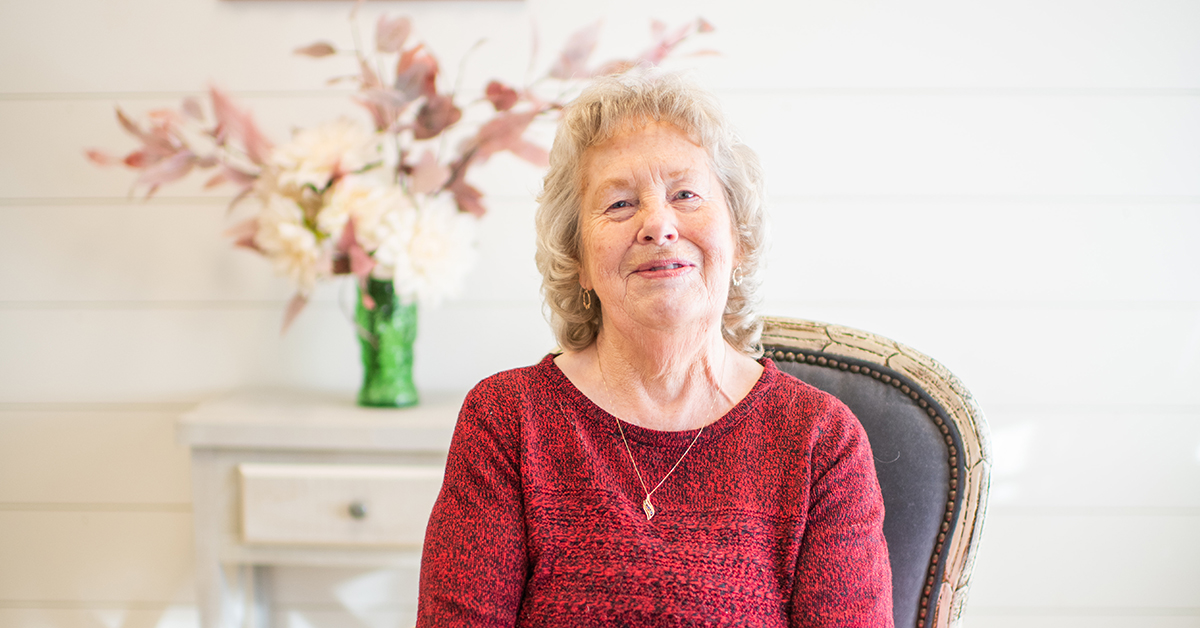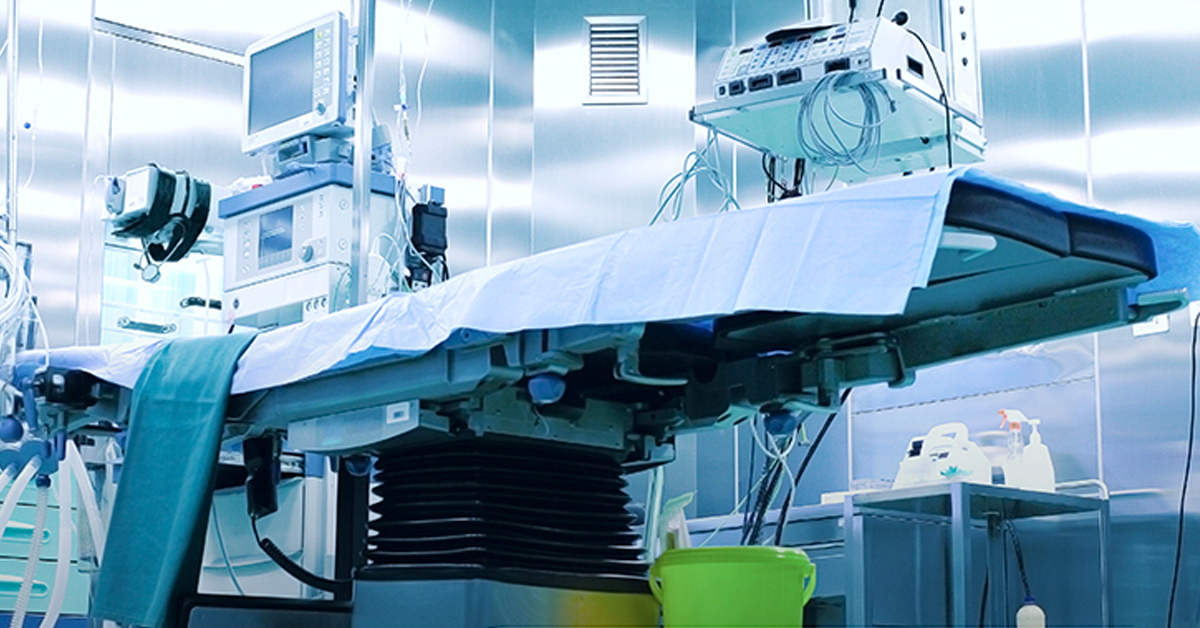Over the days and weeks following your knee or hip replacement surgery, you will need someone to help you out with basic tasks and mobility. Building an after-care plan with your caregiver—whether that’s a spouse, family member, friend, or professional caretaker—is one of the most critical details of recovery. Remember that your support system is just as important as a walker or other recovery measures. Your community inside and outside of Welia Health is here to help.
Think about who will be helping you, and discuss what you may need well before the procedure itself. Most people need some assistance with mobility, meals, household tasks, keeping track of medications and appointments, and driving. This can be a big job, so make sure you clearly outline your needs to your caregiver so they can plan ahead.
Since no two people or recoveries are the same, it’s difficult to predict exactly how long you may need assistance—you might be good to go in just a few days or need extra help for several weeks. Most people can expect to need assistance for about a week. Ask your care team what you should expect, and encourage your caregiver to attend a few appointments with you to learn more about your surgery and recovery.
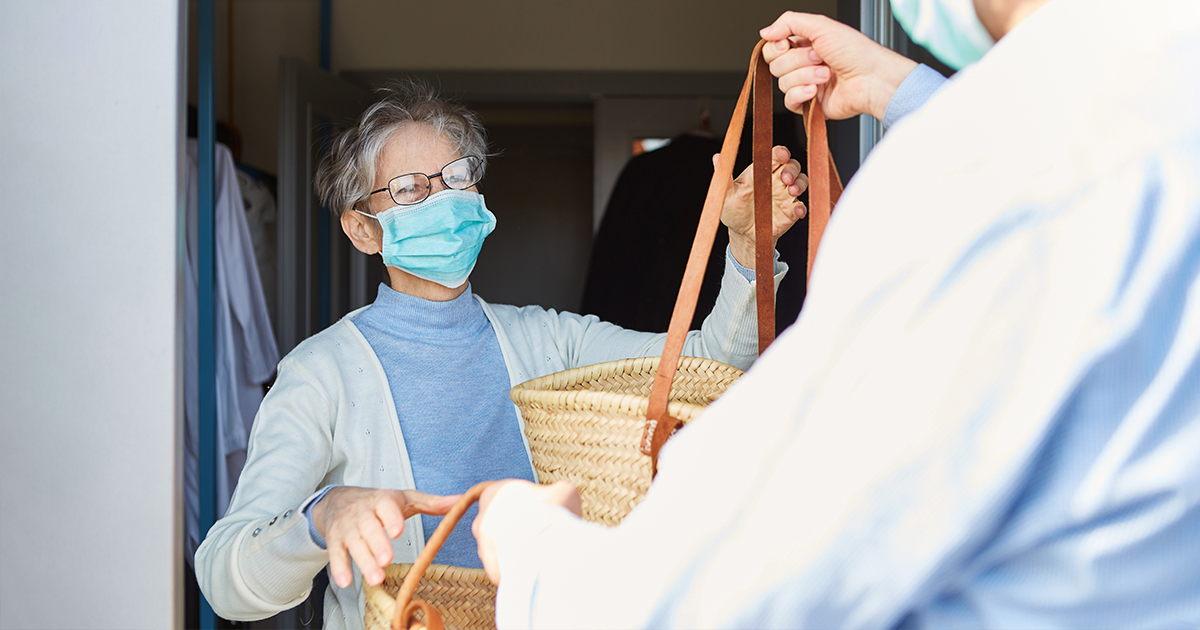
You can make your caregiver’s job easier by setting your house up for recovery. Consider preparing meals in advance and setting up your sleeping arrangements so you don’t have to use the stairs. Rearrange the things that you need, such as your TV, phone, tissues, and medicine, to somewhere you have easy access to. You may also want to install a safety bar in your shower and an elevated seat for your toilet (this is especially important for hip replacement patients). Acquaint your caregiver with the new setup and ask for their suggestions on what equipment or resources they might need.
And remember that your caregiver may need breaks too. Having other friends or family members stop by the house—COVID-19 safety measures allowing—to drop off dinner or spend time with you can give them much-needed time to rest and get out of the house. And if resources and circumstances allow, consider hiring a professional caregiver. Whether they stop by once or twice or stay around the clock, they can help take the pressure off of you and your loved ones.
Questions about hip or knee replacement? Talk with your primary care provider about joint replacement surgery. Your provider can refer you to an orthopedic surgeon at Welia Health. Call 320.679.1313 to schedule.


